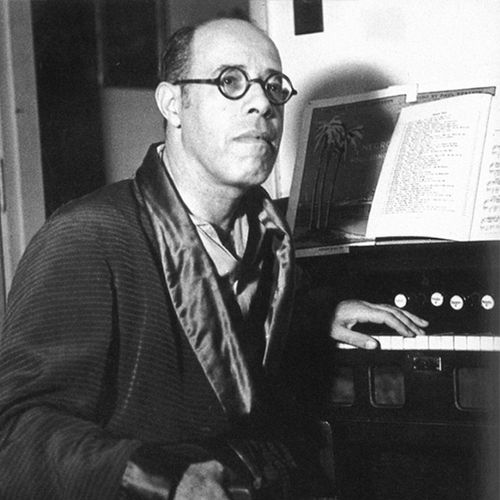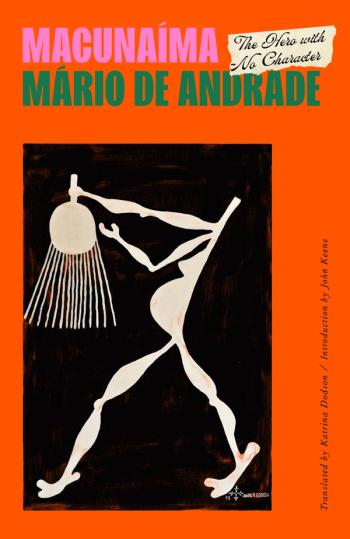Translated by Katrina Dodson
With a contribution by Katrina Dodson and John Keene
Here at last is an exciting new edition of the Brazilian modernist epic Macunaíma: The Hero with No Character, by Mário de Andrade. This landmark 1928 novel follows the adventures of the shapeshifting Macunaíma and his brothers as they leave their Amazon home for a whirlwind tour of Brazil, cramming four centuries and a continental expanse into a single mythic plane. Having lost a magic amulet, the hero and his brothers journey to São Paulo to retrieve the talisman that has fallen into the hands of an Italo-Peruvian captain of industry (who is also a cannibal giant). Written over six delirious days—the fruit of years of study—Macunaíma magically synthesizes dialect, folklore, anthropology, mythology, flora, fauna, and pop culture to examine Brazilian identity. This brilliant translation by Katrina Dodson has been many years in the making and includes an extensive section of notes, providing essential context for this magnificent work.

